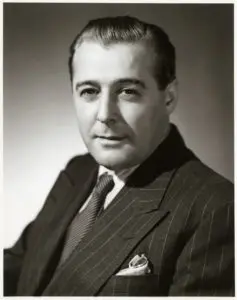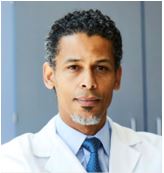Bornfeldt says the program is working to increase representation among trainees and to offer more inclusive and equitable training. Not only does it help fulfill their mission, she says, but it enriches the work they do together.
“Having diversity in trainees and mentors gives us more chances to ask different questions. Someone from one background might think one way, while someone else might think in a completely different way — and when you merge those ideas, you can develop something new and unexpected,” says Bornfeldt.
From supporting students and trainees, to promoting collaboration among clinicians and researchers, to offering a research environment that attracts federal and private funding, the Magnuson Institute has a broad impact on diabetes research and care that will be felt for many years to come.
The future of diabetes research depends on philanthropy
Thanks to the generous support of the Magnuson Institute and other friends of the UWMDI, UW Medicine is moving closer to a future free of diabetes and related metabolic disorders. Researchers and clinicians also work together to prevent people from dying of diabetes-related complications.
Yet ongoing support from the community is critical to advancing this work. Indeed, says Bornfeldt, some of the boldest and most visionary projects — research that leads to the most transformative discoveries — can only move forward through private support.
“It’s hard to obtain federal funding for high-risk projects that bridge clinical research and basic science, so these innovative projects largely depend on philanthropy,” says Bornfeldt. “Having funds to support the next generation of scientists interested in studying diabetes and its complications is very important.”
As the Magnuson Institute enters its fourth decade, philanthropic support will continue to build upon this well-established foundation, accelerating an end to diabetes and related complications.
“Unfortunately, today diabetes is still the terrible disease that it was when diabetes research began at the Magnuson Institute and the UWMDI,” say Garrison and Bakamis. “While progress in understanding its causes and treatments have improved, much more needs to be done quickly to cure diabetes and to help those with the disease.
“Each of us can do our part by contributing to the Magnuson Institute and UWMDI to meet the goal of curing diabetes and ensuring a future that is diabetes-free. We know from personal experience that the donation you make today could help a loved one tomorrow.”
Written by Stephanie Perry
TOP IMAGE: Dr. Karin Bornfeldt, left, and a colleague examine a cross-section image of a blood vessel that is partly blocked by an atherosclerotic lesion. (Photo taken in 2016)


